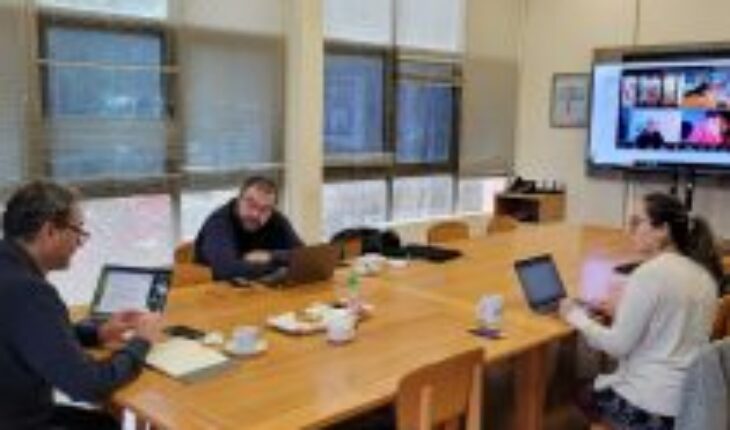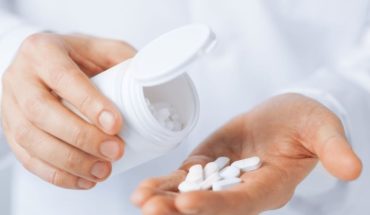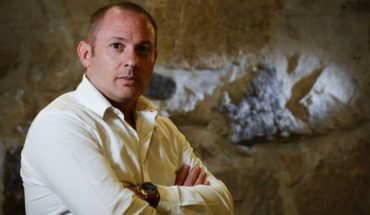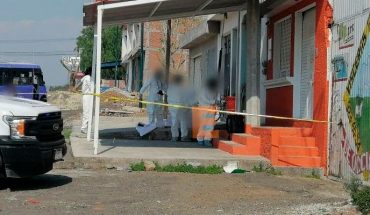Nine scientific research centers of excellence signed a joint working statement for the study on the importance of the ocean in the exchange of greenhouse gases and the state of the microbial community, in order to develop tools to reduce the impact of climate change in Chile and the world.
“The microscopic marine world is closely related to the water cycle and climate, so it is already beginning to be part of the global conversation. Chile, having a long coastline that crosses a diversity of terrestrial and marine ecosystems, is a true natural laboratory to investigate global change and contribute to decision-making based on science and technology,” the statement said.
“That is why the undersigned centers declare their willingness to sign an agreement that gives continuity to the CEODOS-Chile program, which includes scientific research, technology transfer, ocean education and advanced human capital training.”
The consortium of research centers of excellence behind the CEODOS Chile program is made up of the COPAS Sur-Austral/COPAS Coastal Center, the Center for Mathematical Modeling of the University of Chile (CMM); the Center for Climate Science and Resilience (CR2), the Center for Genome Regulation (CRG), the Center for Research in Ecosystems of Patagonia (CIEP), the Center for Research Dynamics of High Latitude Marine Ecosystems (IDEAL), the Interdisciplinary Center for Aquaculture Research (INCAR) and Inria Chile.
Objectives
The CEODOS-Chile program aims to quantify the carbon that is currently being set by the Chilean ocean and its role in the exchange of greenhouse gases from southern waters to the extreme north of Chile, as well as map microbial and planktonic diversity, identifying species with potential to contribute to climate change mitigation.
It also seeks to “communicate to change, integrating chile’s general community in the effort to understand the importance of a healthy ocean for climate change and the sustainability of hydrobiological resources.”
To quantify the physiological state of organisms responsible for the absorption of CO2, and other greenhouse gases in the ocean, the centers will integrate an interdisciplinary group in marine, environmental, genomic, mathematical modeling and artificial intelligence issues and will work together to provide the country with a complete periodic evaluation of the Chilean coast of planktonic diversity (from viruses to zooplankton).
Thus, the centers “will take advantage of their scientific, technological and human synergies, in order to develop tools of impact for Chilean society and the world.”
Scientific sailboat
The consortium met for the first time this year, after the scientific sailboat Tara toured the Chilean coast from south to north to assess the health of the coastal ocean and help understand the effects of climate change.
In the meeting held in a hybrid way at the COPAS center of the University of Concepción, the directors of the associated centers learned about the current state of the mission, shared with the consortium the data collected and discussed the future work plan, in addition to the upcoming publications linked to the CEODOS-Chile project.
The meeting was led by the national coordinators of CEODOS-Chile, the director of COPAS Coastal, Camila Fernández, and the researcher and former director of the Center for Mathematical Modeling (CMM), Alejandro Maass, together with the directors of the centers.
Study centers come together to create tools and face climate change in Chile
April 26, 2022 |





